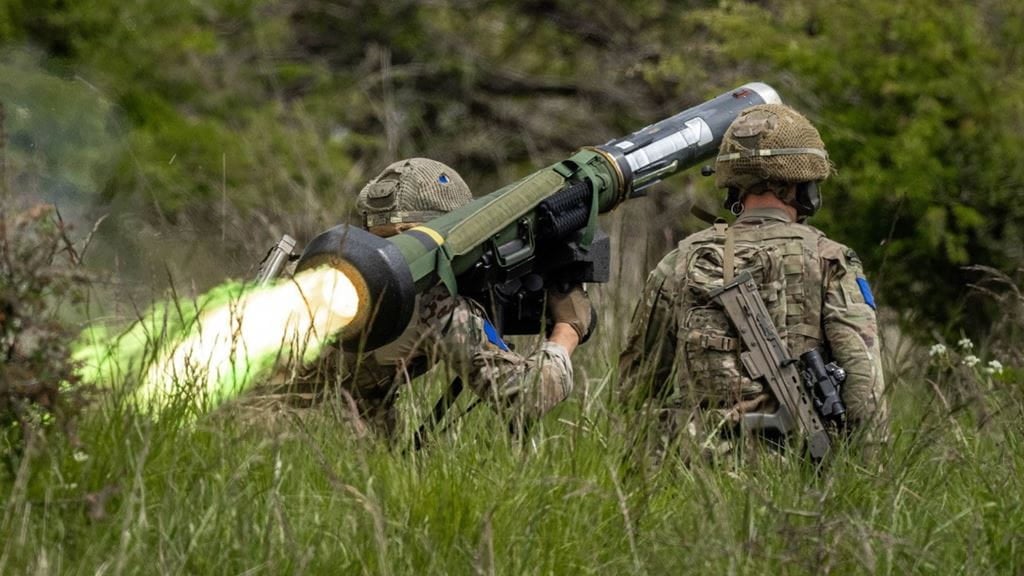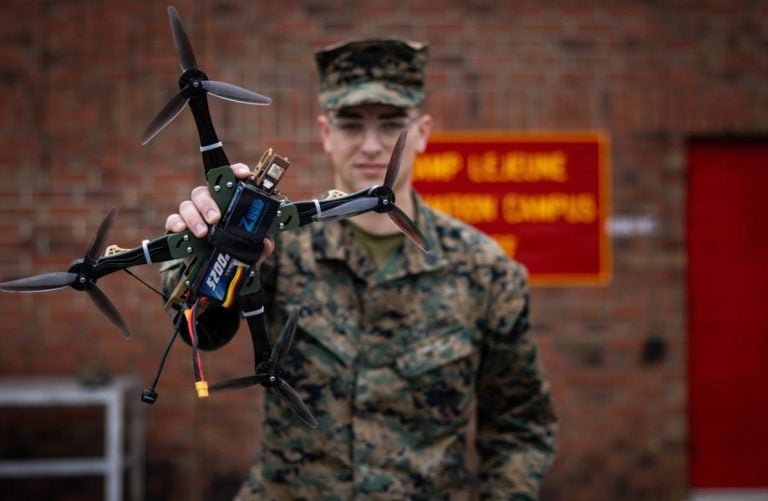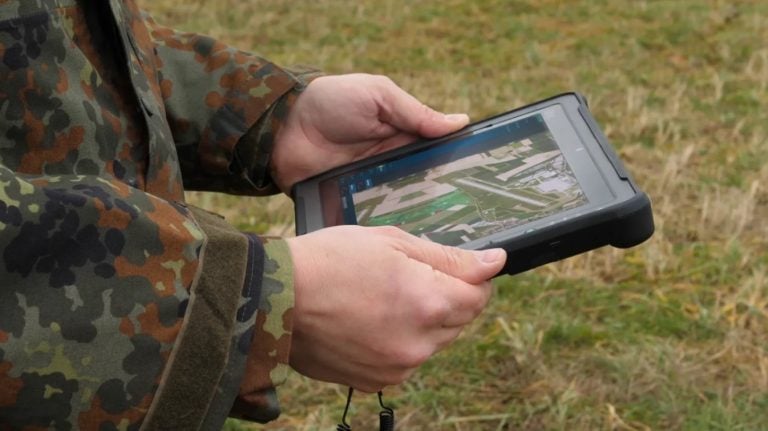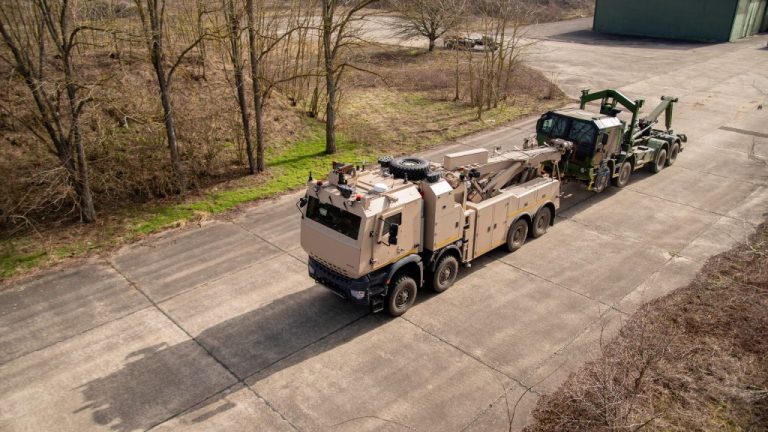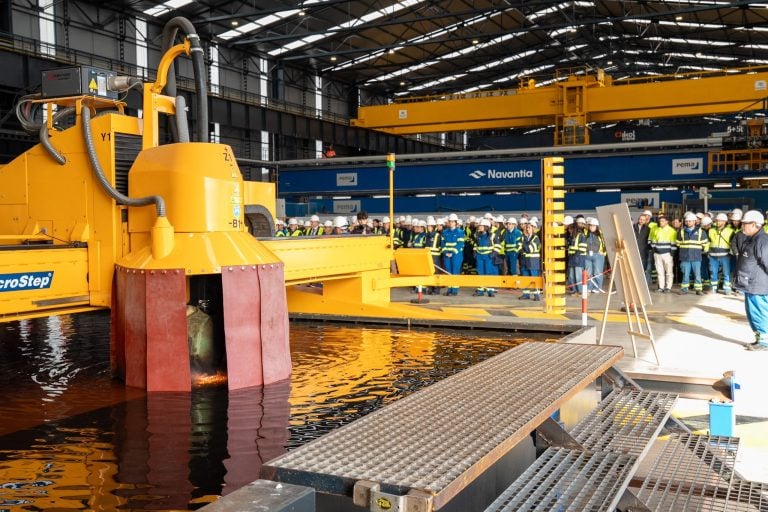The British Army has achieved a significant milestone by test-firing the latest Javelin Lightweight Command Launch Unit (LWCLU) at an unprecedented range of 4 kilometers (2.48 miles) during exercises at Salisbury Plains. This successful demonstration highlights the LWCLU’s enhanced effectiveness on the battlefield.
Victoria Thornhill, the UK’s Defence Equipment and Support Javelin project manager, emphasized the importance of this achievement, stating, “The UK Armed Forces are pioneers in firing the LWCLU out to the 4K range, making them the first in the Javelin international user group to conduct this activity.” She noted that this advancement represents a major step forward for the UK Javelin program by equipping the Armed Forces with a lighter, more efficient anti-tank weapon capable of altering the dynamics of combat.
The LWCLU is notably 30 percent smaller and 25 percent lighter than the existing Block I Command Launch Unit. This reduction in size and weight allows for enhanced operational flexibility. Moreover, the LWCLU can detect and recognize targets at double the maximum range of its predecessor, thanks to improved camera resolution. The system is engineered for versatility, offering engagement capabilities during both day and night, and remains functional in adverse conditions and “battlefield obscurants” such as smoke screens.
Andy Amaro, president of the Javelin Joint Venture and program director at Raytheon, highlighted the collaboration with the British Army, stating, “Partnering with the British Army on this extended range LWCLU live-fire allows us to further demonstrate the robust capability of the LWCLU and the Javelin missile.”
The Javelin system itself is a man-portable anti-armor weapon that is produced through a joint venture between Raytheon and Lockheed Martin. The UK plays a crucial role in this production by supplying key components, with plans to ramp up manufacturing to 3,960 missile rounds per year by 2026 and 900 LWCLUs by 2030. Currently, the Javelin Joint Venture contributes approximately £56 million ($76 million) annually to the UK economy through its production activities.
